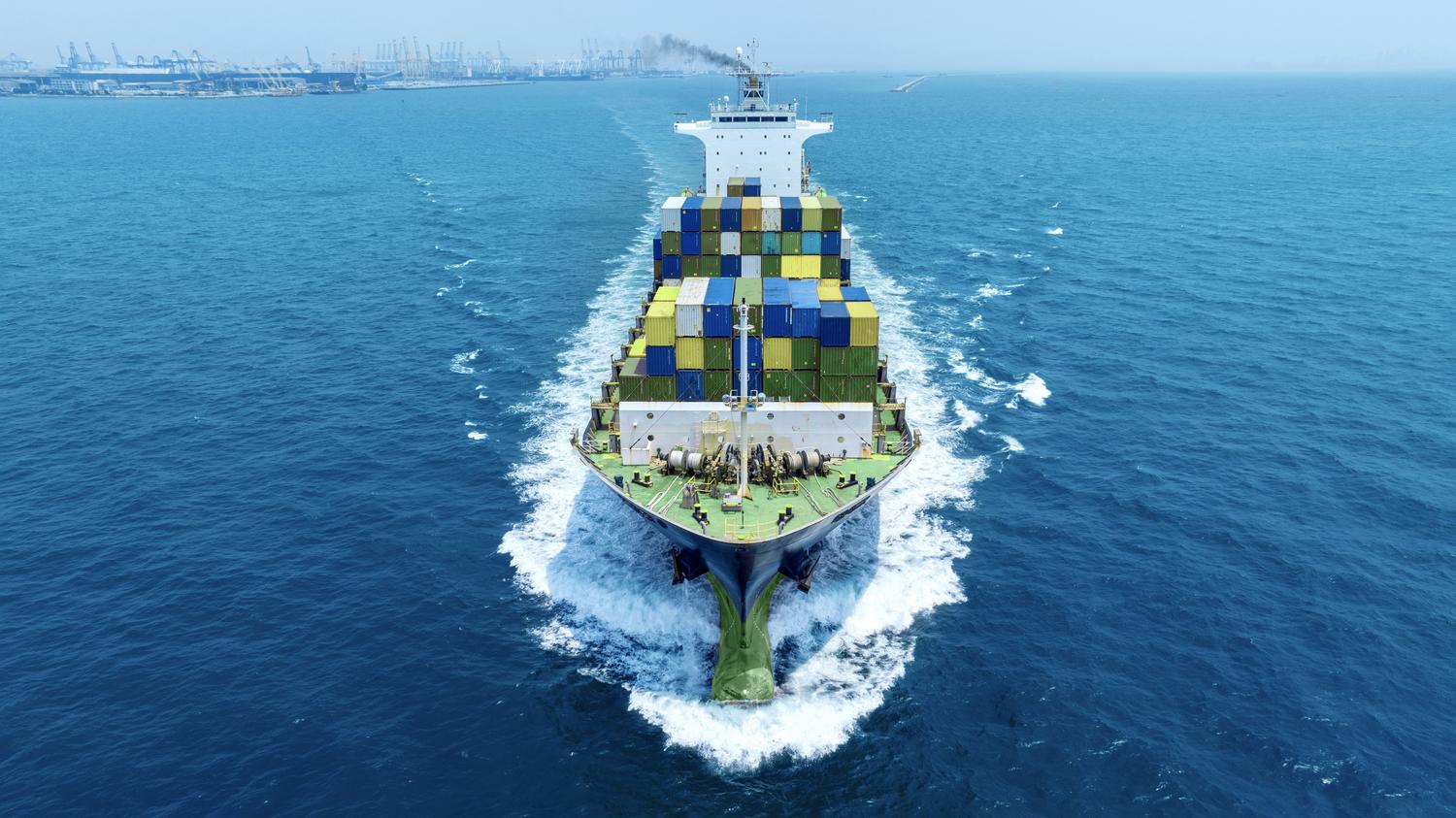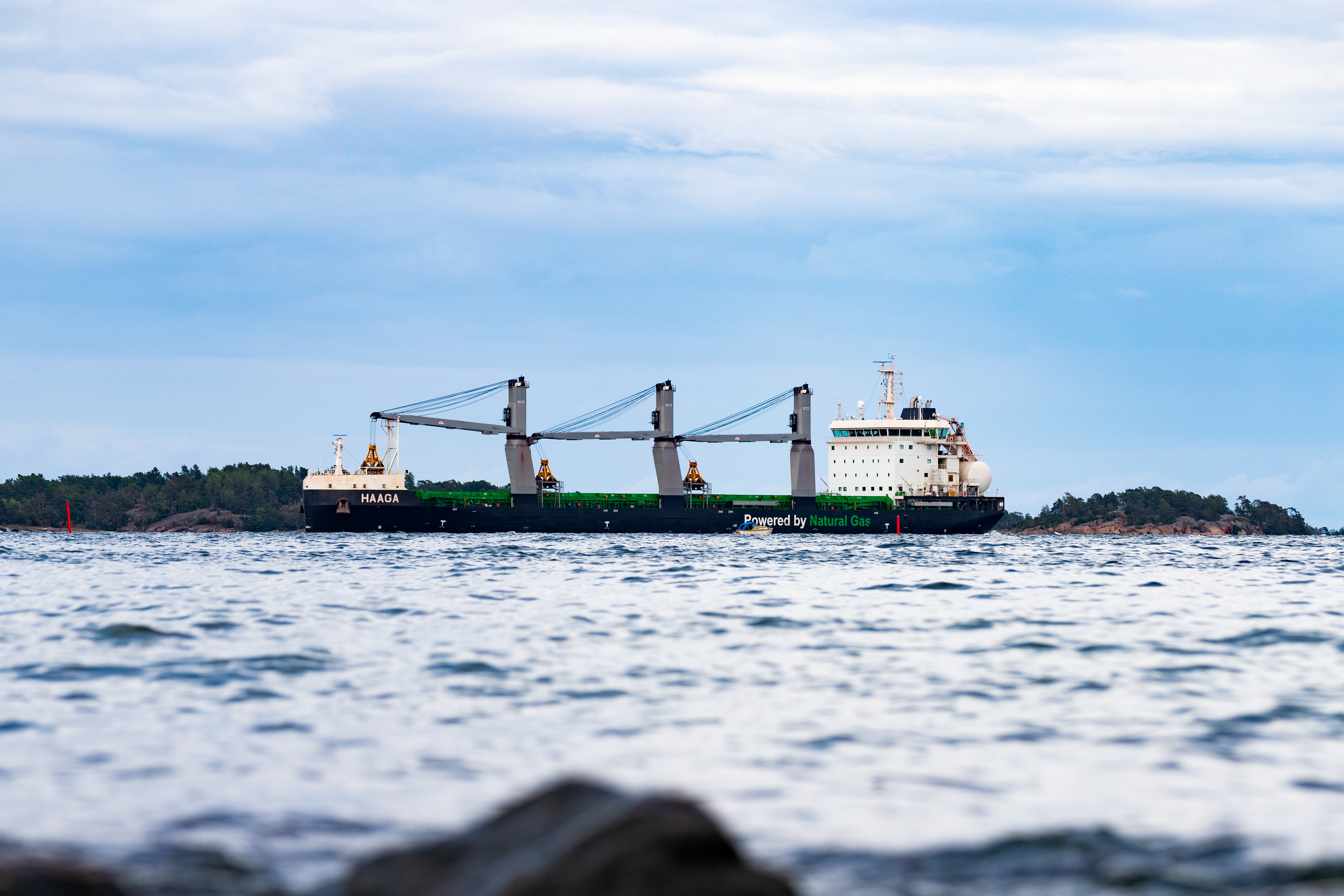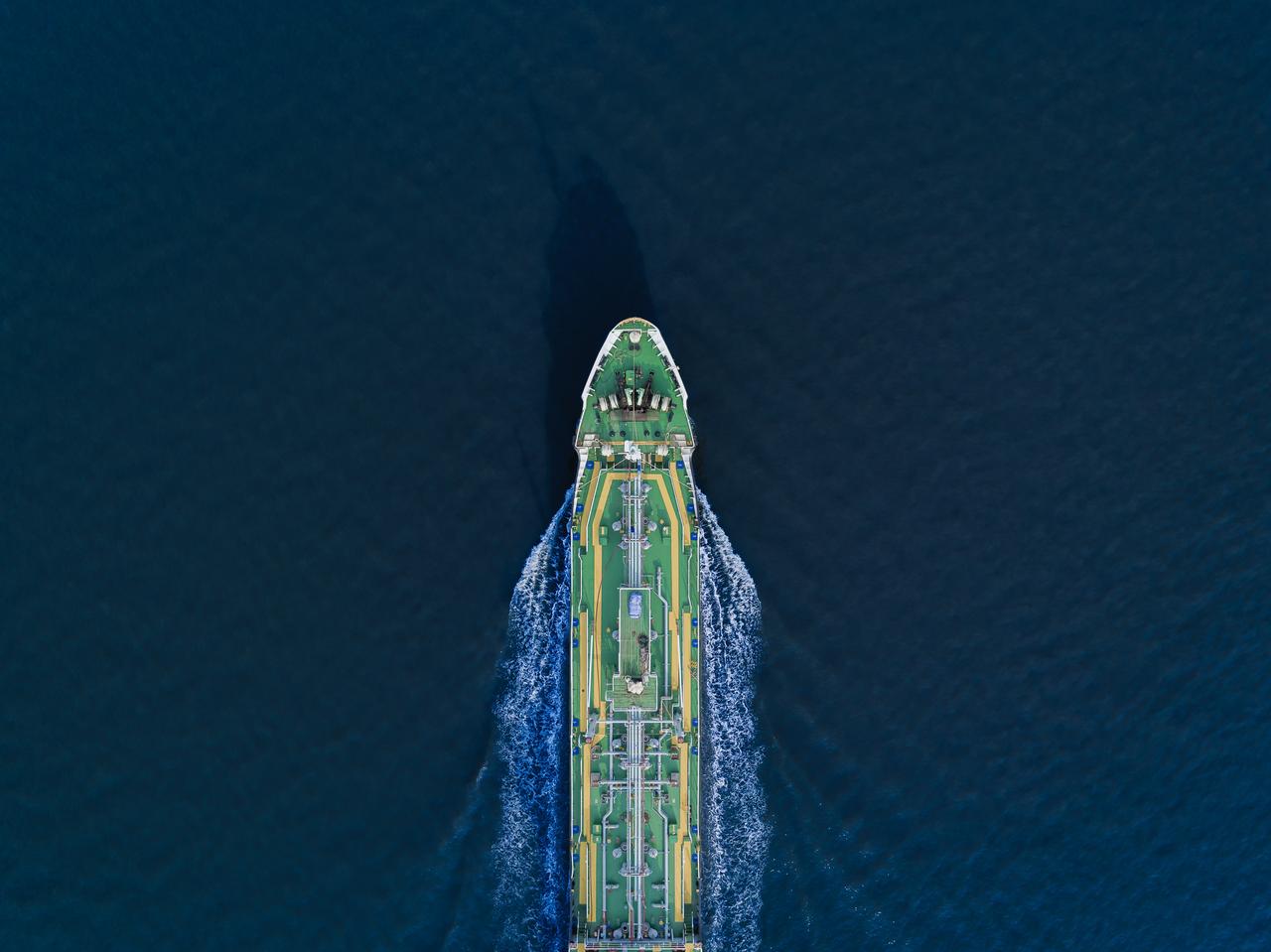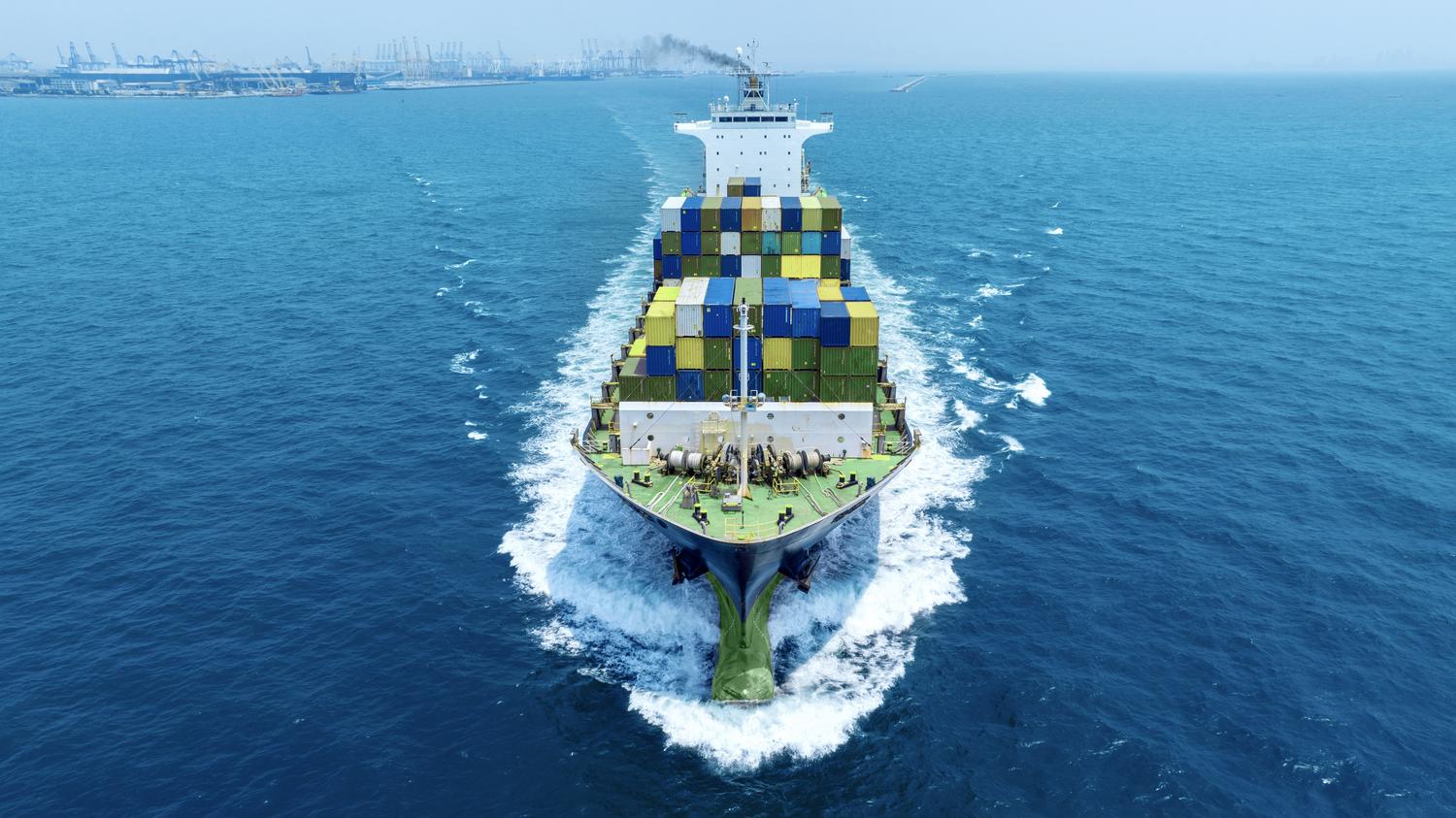
Marine
3 minute read
Consistency is the new high – rethinking viscosity in a post IMO2020 world
The game has changed in marine fuels. With IMO 2020 making sulphur content the primary box to tick for bunker producers, other specifications, including the previously all-important viscosity, are now in flux. The variability between bunker products has become immense, and not just between different providers, but also within the same product grade.
Tightening profit margins have underscored the importance of safe operations as well as reliability and stability. Now, more than ever, maritime companies need to relearn how to interpret certificates of quality, and how to evaluate expected stability and compatibility of bunker fuels.
For example, looking at the quality of a fuel through pre-IMO 2020 goggles may lead one to focus on searching for the highest possible viscosity readings. Chances are that following this customary habit will lead to sacrificing stability and cause more harm than good. Vessel staff may need to spend their time cleaning tanks and separators or replacing filters. In some cases, engine maintenance needs may come knocking earlier than planned or necessary. In short, chasing a quick buck simply won’t sustain margins in the long term the way one might hope it would.
If only there was a simple spec for stability?
One can come close to this by approaching data sheets through the concept of consistency rather than through the high level of certain readings. ISO standard gives producers plenty of room to maneuver in with each batch of fuel, but keeping specs within a tight frame is actually key to providing overall stability and reliability in bunker fuels. Buying bunker batches with similar viscosity and density numbers from reliable players makes more sense in terms of creating stability than trying to reach the highest possible viscosity with every batch.
The trick is not to find one really impressive specs sheet, but to watch out for consistency throughout several certificates of quality.
This is what we at Neste are striving to deliver. All our fuel is produced from 100% known components in our own refinery, with our own processes. By minimizing the variance within our product’s viscosity and other aspects, we can offer reliability and a customer experience that goes beyond single-batch deals. In the end, the only thing that matters is how the product performs for our customers. This is something we have proven through rigorous on-shore and on-board tests.
There is no going back.
If anything, shipping and bunker fuels will be subject to more and accelerating regulation. Variability between products and batches in general is likely to stay high, including viscosity.
I believe the market will put more emphasis on reliable players and open communication between operators, bunker providers and refiners to ensure desired fuel characteristics and quality. And although a number of different operating models may emerge, I believe that partnerships will be one model that will gain in importance. This would be a development I would happily welcome.
At the end of the day, trust should be the number one spec.
Credits:
Anna Kunnas, Technical Account Manager, Neste





